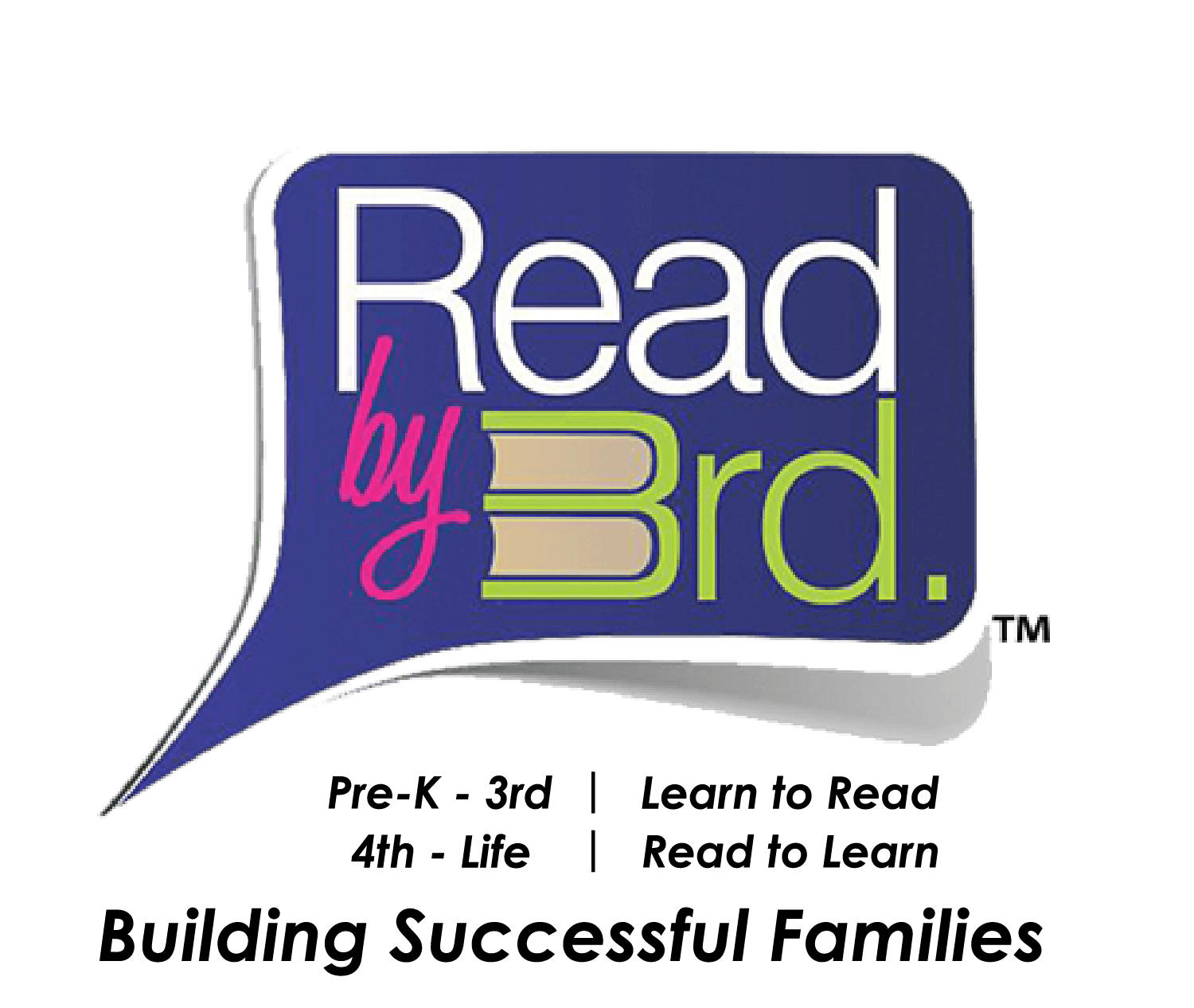Studies from the Annie E. Casey Foundation and elsewhere suggest that household income is the primary determinant for student achievement at all levels. Students who do not read at grade level by third grade have only a 20 percent chance of catching up to their proficient peers; and students who do not read at grade level by third grade are four times more likely than their peers who never experienced poverty to drop out or fail to graduate from high school.
The basic foundation of any society is the family unit. A child’s nutrition, health, conduct, attitudes and perspectives toward education and life is related directly to the family environment.
Our public schools have been challenged by the lesser role parents play in the education of their children. Meanwhile, research studies continue to tell us parents remain the most important influence in a child’s education. Annette Lareau in her book Unequal Childhoods: Class, Race, and Family Life distinguishes the difference parents make in a child’s academic success. She concludes it is through the parent’s “concerted cultivation” that children become academically and socially successful.
Research confirms that children whose parents are involved in “concerted cultivation” have heard 30 million more words by the time they enter kindergarten than children whose parents have not been similarly engaged. The effect is that children with engaged parents are ready to learn read when they enter kindergarten and can comprehend what they read because of what they have been exposed to.
The Early Catastrophe – Closing the word gap between rich and poor

